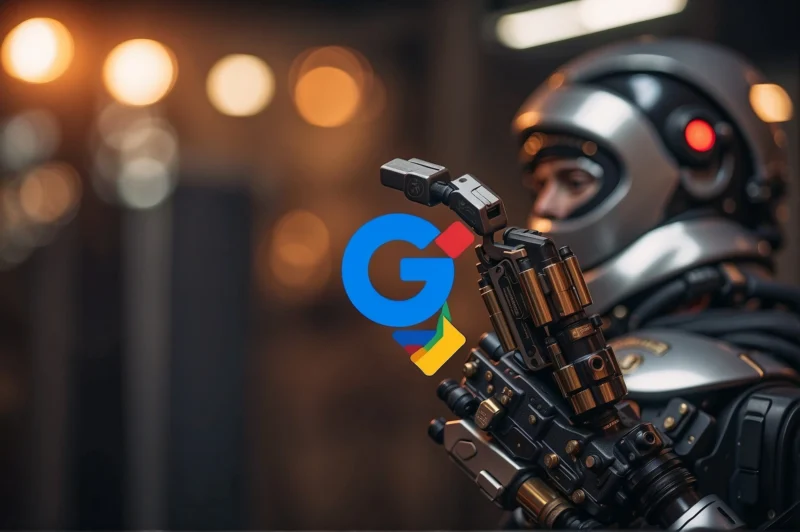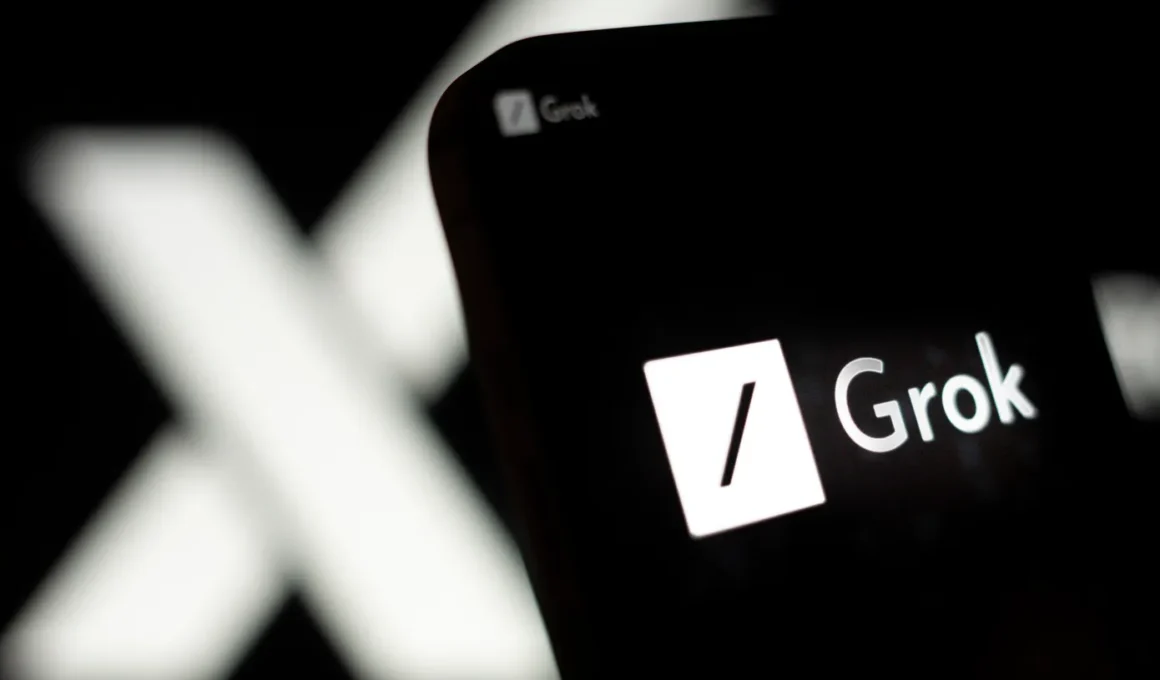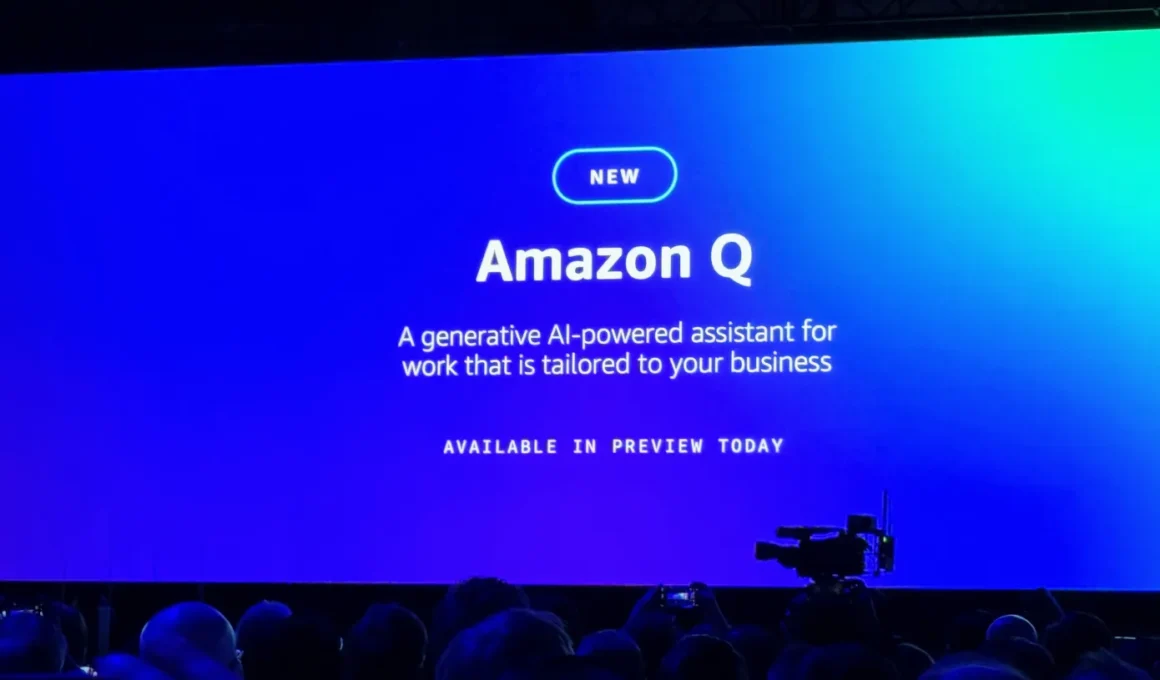Google has joined the race in artificial intelligence development with the recent introduction of Gemini, a new type of AI model designed to work with text, images, and video.
With its potential to rival OpenAI’s ChatGPT, this groundbreaking generative AI technology aims to regain Google’s dominance in the AI field.
Gemini, described as “natively multimodal,” is trained on a diverse range of data including images, video, and audio, making it Google’s largest, most capable, and most generalized AI model.
The model comes in three versions: Gemini Ultra, the largest and most capable; Gemini Nano, smaller and more efficient; and Gemini Pro, with medium size and capabilities.
Google’s chatbot, Bard, now utilizes Gemini Pro and showcases enhanced advanced reasoning and planning skills. With a scheduled debut in 2024, Gemini Ultra is expected to outperform ChatGPT’s most powerful model, GPT-4, in a variety of complex tasks and benchmark tests.
Some of these tasks involve scientific research, summarizing content, brainstorming, writing, and planning.
Gemini’s technology is anticipated to be integrated into other Google products, such as generative search, ads, and Chrome, in the coming months.
Google is also simultaneously investing in safety and ethical considerations while working with researchers to assess Gemini’s vulnerability and improve its overall performance.
This innovative AI model marks a significant step in Google’s effort to maintain its position as a global leader in the ever-evolving field of artificial intelligence.
Key highlights of Gemini include:
- Natively multimodal capability for enhanced performance.
- Three versions of the model for diverse use cases: Gemini Ultra, Gemini Nano, and Gemini Pro.
- Improvements in reasoning and complex task handling.
- Integration into various Google products for a wide range of applications.
- Focus on ethics, safety, and trust in AI technology development.
In summary, Google’s Gemini is designed to push the boundaries of generative AI and redefine the industry benchmarks, competing directly with OpenAI’s ChatGPT and solidifying its role in the world of artificial intelligence.




